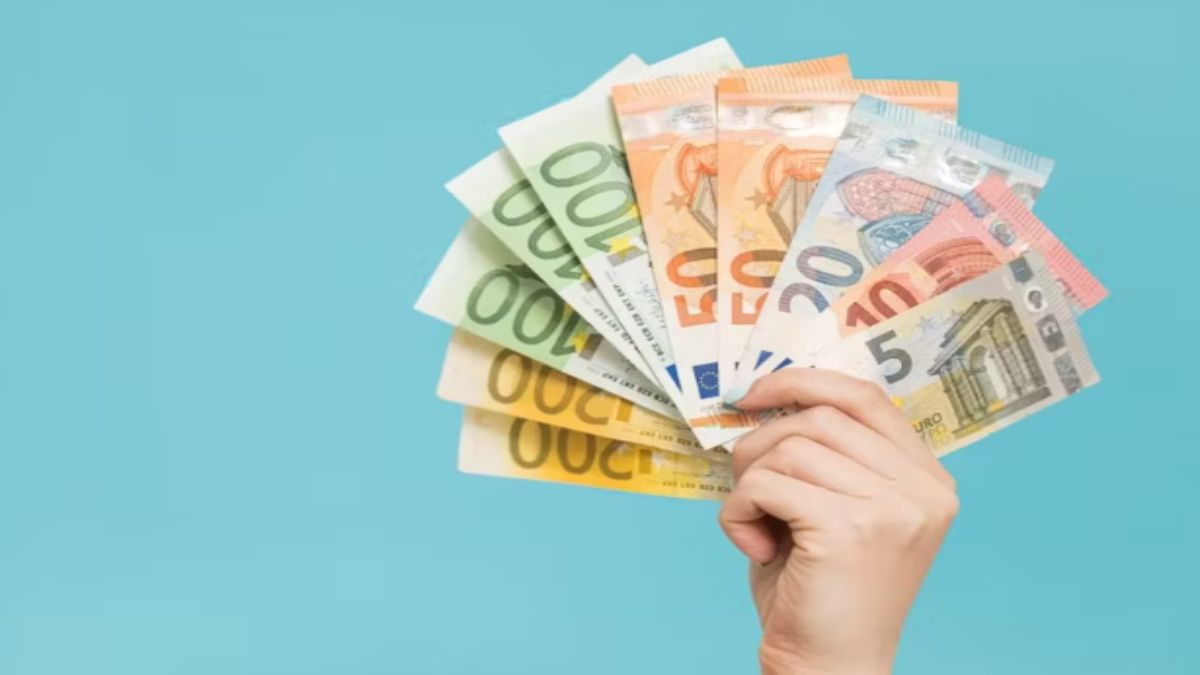Traveling abroad can be exciting, but managing your finances while overseas requires careful planning. One of the most significant expenses travelers face is currency exchange. With fluctuating exchange rates and hidden fees, it’s essential to know how to get the best deal. This guide, inspired by Money Saving Expert’s advice, will help you navigate the complexities of currency exchange and save money on your travels.
Understanding Exchange Rates
Before diving into strategies for saving money, it’s crucial to understand what exchange rates are and how they affect your spending abroad. The exchange rate determines how much foreign currency you’ll receive in exchange for your British pounds. Rates fluctuate based on various factors, including economic conditions, interest rates, and geopolitical events.
Why Exchange Rates Matter
Exchange rates directly impact the amount of foreign currency you receive. A favorable rate means you’ll get more for your money, while an unfavorable rate can lead to higher costs. For example, if the exchange rate is 1 GBP = 1.10 USD, exchanging £100 would give you $110. However, if the rate drops to 1 GBP = 1.05 USD, you’d only receive $105 for the same amount.
Top Tips for Getting the Best Exchange Rates
1. Use Specialist Overseas Credit Cards
Specialist overseas credit cards offer near-perfect exchange rates without the additional 3% non-sterling exchange fee that many standard cards charge. These cards provide the same rates that banks receive, ensuring you get the best deal every time you spend abroad. Popular options include the Halifax Clarity Card and the Chase UK card.
Pro Tip: Always choose to pay in the local currency when using your card abroad. If asked whether you want to pay in pounds or the local currency, select the local currency to avoid poor exchange rates and hidden fees.
2. Avoid Airport Currency Exchange
Currency exchange services at airports often offer less favorable rates and charge higher fees. It’s best to exchange a small amount of money before your trip for immediate expenses and then use local ATMs or specialist cards for the rest.
3. Compare Rates with TravelMoneyMax
Use comparison tools like TravelMoneyMax to compare exchange rates from various providers. This tool helps you find the best rates for bureaux de change, online services, and prepaid cards, ensuring you get the most currency for your pounds.
4. Consider Prepaid Travel Cards
Prepaid travel cards allow you to load foreign currency onto a card before your trip. This option lets you lock in exchange rates in advance, protecting you from potential rate fluctuations during your travels. Revolut and Wise are popular choices for prepaid travel cards.
5. Withdraw Cash from ATMs Abroad
Using ATMs abroad can be a cost-effective way to access local currency. However, be mindful of fees associated with international withdrawals. Some banks charge flat fees per transaction, while others may charge a percentage of the amount withdrawn. It’s advisable to use ATMs that are part of global networks like Visa or MasterCard to minimize fees.
Common Mistakes to Avoid
-
Paying in Pounds Abroad: Always choose to pay in the local currency when using your card abroad. Paying in pounds often involves poor exchange rates and additional fees.
-
Using Debit Cards with High Foreign Transaction Fees: Many standard debit cards charge high fees for international transactions. Opt for cards that don’t charge foreign transaction fees to save money.
-
Exchanging Currency at the Airport: Airport currency exchange services often offer less favorable rates and charge higher fees. It’s best to exchange a small amount of money before your trip and use other methods for the rest.
Conclusion
Managing your finances while traveling abroad doesn’t have to be complicated. By understanding exchange rates and utilizing the right tools and strategies, you can save money and make the most of your trip. Remember to use specialist overseas credit cards, compare rates with tools like TravelMoneyMax, and avoid common pitfalls like paying in pounds abroad or using high-fee debit cards. With these tips, you’ll be well on your way to a financially savvy journey.
FAQs
1. What is the best way to get foreign currency before traveling?
Using a prepaid travel card or specialist overseas credit card is often the best way to get foreign currency before traveling. These options offer favorable exchange rates and lower fees.
2. Are airport currency exchange services reliable?
Airport currency exchange services are convenient but often offer less favorable rates and higher fees. It’s advisable to exchange a small amount of money at the airport and use other methods for the rest.
3. Can I use my UK debit card abroad?
Yes, you can use your UK debit card abroad, but be aware of foreign transaction fees and ATM withdrawal charges. Consider using a debit card that doesn’t charge foreign transaction fees to save money.
4. How can I avoid hidden fees when exchanging currency?
To avoid hidden fees, compare rates using tools like TravelMoneyMax, choose to pay in the local currency when using your card abroad, and opt for cards that don’t charge foreign transaction fees.
5. Is it better to exchange currency before or after arriving at my destination?
It’s generally better to exchange a small amount of currency before your trip for immediate expenses and then use local ATMs or specialist cards for the rest to get better rates.
6. How can I protect myself from currency fluctuations?
Using prepaid travel cards allows you to lock in exchange rates in advance, protecting you from potential rate fluctuations during your travels.
